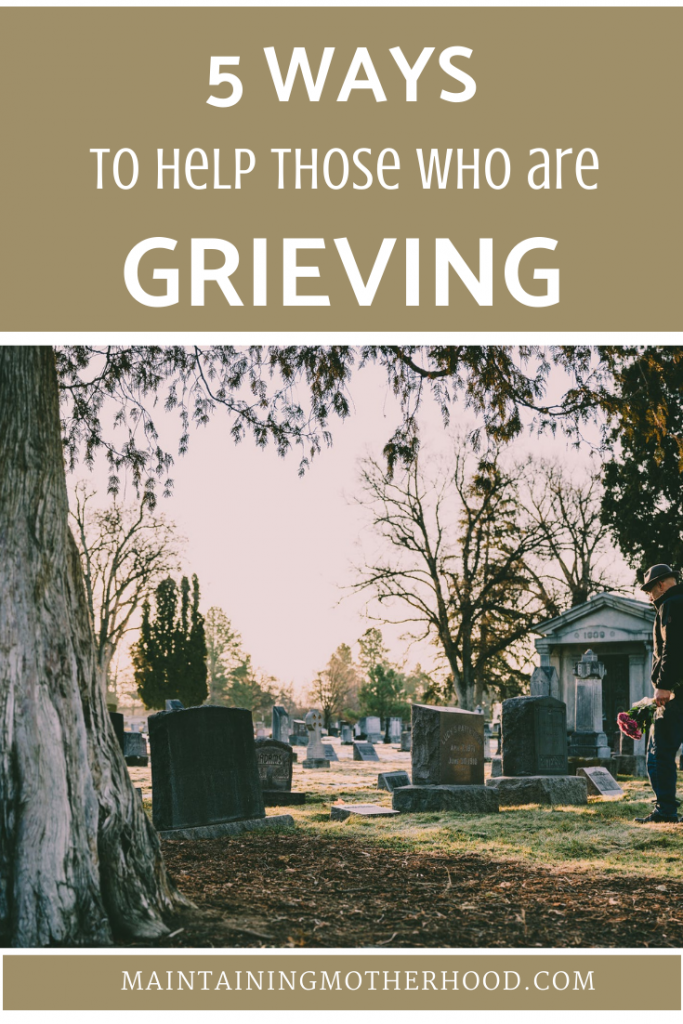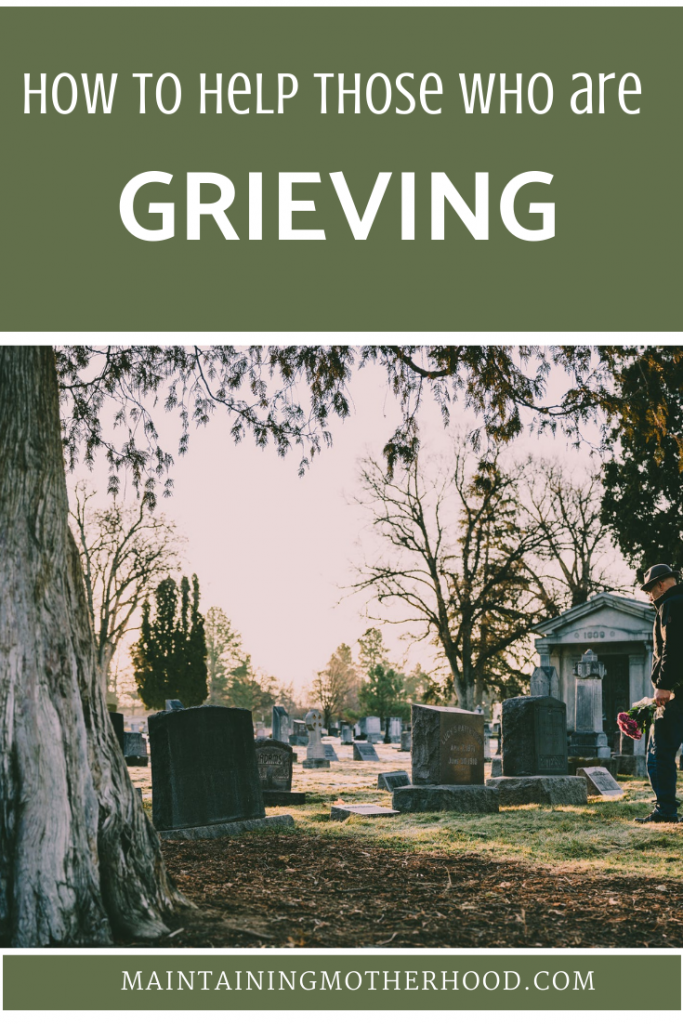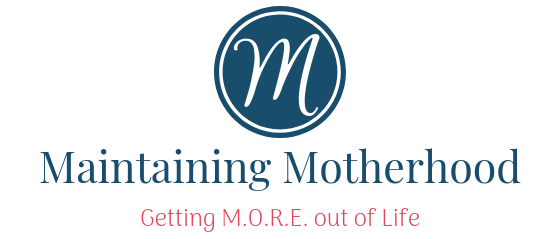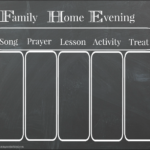Loss of a loved one is hard, whether immediate or distant, sudden or expected. Here are 5 tips to reach out and help those around you.
Loss is hard. No matter what the loss is: death of a grandparent, child, infant, unborn child, parent; loss of a job; loss of physical capabilities, etc. This is such a tender subject that everyone seems to deal with in completely different ways. During my lifetime I have had many people pass away including friends, immediate family members, and extended family. Among these deaths were included the shocking deaths as well as the deaths that you anticipated for days, weeks, or months. Any way you look at it though, death is hard!
I learned first hand from mourning the loss of immediate family members the effect death can have on a family. By mourning the loss of a father in law and grandpa to my children, I saw the toll this took on my husband (the oldest of 10 children) to lose a father. Not everyone mourns the same way, but I feel these general principles can help us reach out to those who are grieving.

Be There
You don’t need to say anything. Just your presence can mean the world to someone. Especially if it is the loss of a close family member, the house may be more quiet than usual. Having a visitor can hep break up usual routines that may cause them to mourn their loss anew. Whether you cry with them or just hold the tissue box, your presence shows that you are concerned and care about them.
Don’t Assume
Don’t assume you know what it feels like. Every person has different life events that shape how they will react to life. Unless you have been that exact person in that exact situation, you don’t know. You may have suffered the same type of loss, but who you are defines your own experience. We have probably all responded to a loss incorrectly at some point. I know I definitely have, and I wish I could take back those words, but I can’t. Have empathy, not sympathy.
Listen
Sometimes there is so much grief, words can’t be put together to form a sentence. Weeping may be all they can do. But when they want to talk, they will want someone there to capture the moment before it fades. Reliving details and telling and retelling the story can be part of teh healing process. It helps to make sense of things that our minds can’t quite comprehend.
Act
“Let me know if you need anything” is a wonderful, yet passive phrase. If there is a need you can fill, just act. Everyone needs food, but think beyond the casserole. Freezer meals, or foods with a longer shelf life are great foods that will be useful in the future. Laundry, house cleaning, lawn mowing, grocery shopping, etc. are services that you can offer. Expecting a person to call when they need help, knowing they may be inconveniencing you, is not very practical. Show up with the supplies to serve, or call asking when you can provide a specific service.
Remember
People are great at responding with love and care to the initial tragedy, but need to move on with their own lives. Those who are mourning though, face the tragedy much longer. Remembering them for weeks and months after with a phone call or visit gives a further support to them on hard days. Remembering anniversaries, first holidays after the loss, and other major life events is always appreciated.
If you have someone who has just experienced a loss and you don’t know what to say, here is a great video to help better understand empathy vs. sympathy.
My favorite highlights from the clip:
Rarely does an empathic response begin with “at least”
A good response is: “I don’t even know what to say right now. I’m just so glad you told me.”
Rarely can a response make something better. What makes something better is connection.
Hopefully these tips will help you the next time someone you know experiences a loss, so that you will know how to respond and are better able to help them through their time of mourning.








